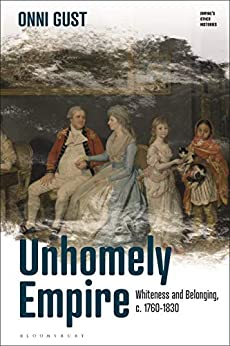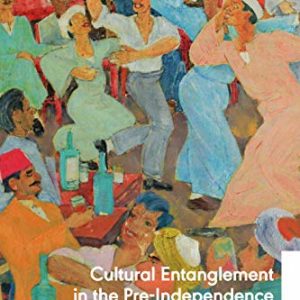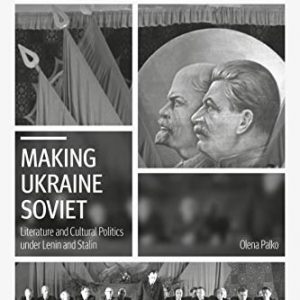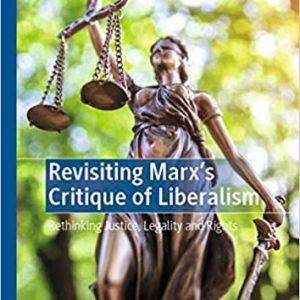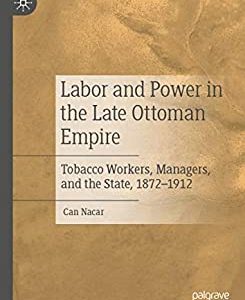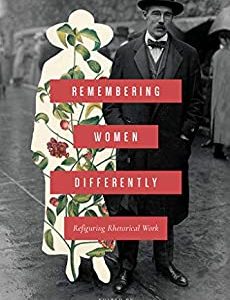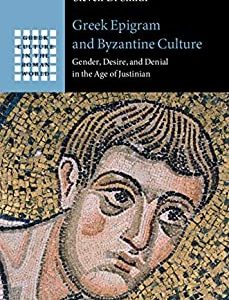construction and circulation of white supremacist thought that sought to justify British
imperial rule. During the 18th century, European imperial expansion radically increased
population mobility through the forging of new trade routes, war, disease, enslavement
and displacement. In this book, Onni Gust argues that this mass movement intersected
with philosophical debates over what it meant to belong to a nation, civilization, and even
humanity itself.
Unhomely Empire maps the consolidation of a Scottish Enlightenment discourse of 'home'
and 'exile' through three inter-related case studies and debates; slavery and abolition in the
Caribbean, Scottish Highland emigration to North America, and raising white girls in colonial
India. Playing out over poetry, political pamphlets, travel writing, philosophy, letters and
diaries, these debates offer a unique insight into the movement of ideas across a British imperial
literary network. Using this rich cultural material, Gust argues that whiteness
was central to 19th-century liberal imperialism's understanding of belonging, whilst
emotional attachment and the perceived ability, or inability, to belong were key concepts in
constructions of racial difference.

